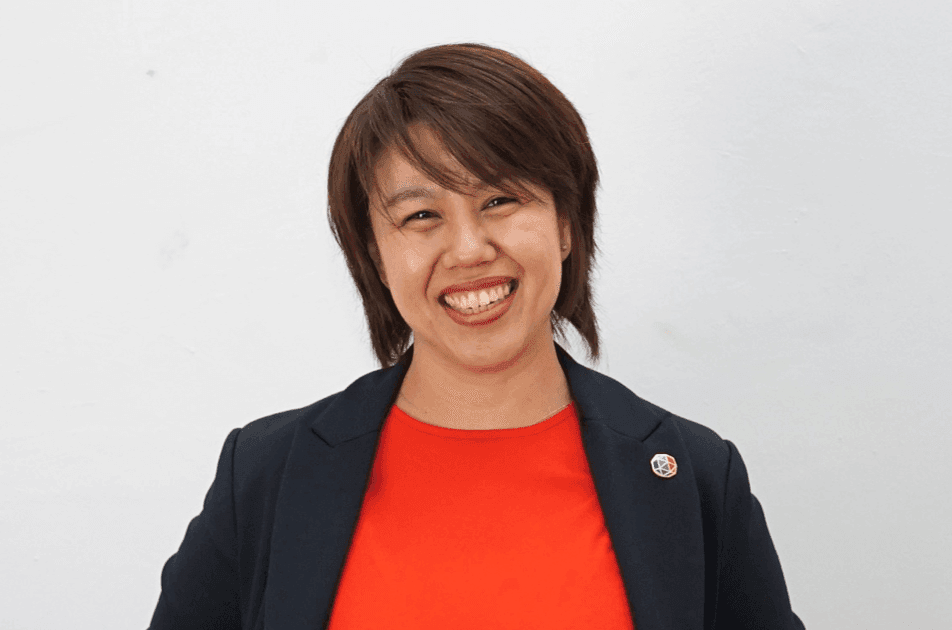HRDF: Celebrating World-Class Training Cultures

HRDF hosted the HRD Award 2015 to give recognition to employers and training providers for human capital development
A report by the International Labour Conference of Geneva stated that “effective skills development systems − which connects education to technical training, technical training to labour market entry, and labour market entry to workplace and lifelong learning, can help countries to sustain productivity growth and translate that growth into more and better jobs.”
Stemming on this and other related studies which have shown a correlation between skills development and productivity levels, Minister of Human Resources, Malaysia Yang Berhormat Dato’ Seri Richard Riot Anak Jaem had this to say during his speech at the recent Human Resources Development (HRD) Award Gala Dinner:
“While Malaysia continues to invest more in education and training, there is also a need to pay more attention to learning outcomes − to the broader array of skills beyond academic achievement, and to technical and vocational education and training.”
HRD Award 2015
A good stepping stone to further motivate employers and training providers to continue to develop their workforce is through the recognition of their milestones.
One such avenue of recognition is the HRD Award, hosted by the Human Resources Development Fund (HRDF) or Pembangunan Sumber Manusia Bhd (PSMB) which took place on Dec 8 at Grand Hyatt Kuala Lumpur.
The purpose of the awards is not only to establish a healthy competition amongst HRDF-registered employers and training providers, but to also inspire them to reskill and upskill their employees.
The exclusive gala dinner event witnessed an award-giving ceremony to deserving employers from the manufacturing and services sector, and exemplary training providers that have put in place strategic and concerted efforts to drive a world-class training culture within their organisation and circle of influence.
One of the main highlights of the event was the announcement by the Minister that the percentage of skilled workforce under HRDF coverage is at 38%, which is 10% higher than that of national level, which currently stands at 28%.
This was followed by a commending applause to HRDF for their concerted efforts over the years to move the local workforce up the value chain through accelerating the nation’s human capital development.
Technical committee
The role of the Technical Committee is to evaluate participating employers and training providers in their specific categories based on a standard marking scheme which is based on the Malcolm Baldridge National Quality Award.
Employers and training providers who have clearly articulated and demonstrated their capabilities in their submissions, were shortlisted and notified for a site visit.
Evaluation panel
The role of the Evaluation Panel is to validate the assessment of the Technical Committee and to conduct site visit verifications of the shortlisted organisations.
The duration of these site visits typically take one day, depending on the size of the organisation and the complexity of the evaluation.
The panel will then complete the evaluation and recommend the winners to the Minister of Human Resources, Malaysia.
Concluding thoughts
Yang Berbahagia Dato’ CM Vignaesvaran A/L Jeyandran said, “HRDF has come a long way from the first year it was set up, where acceptance from stakeholders were far from desirable.
“It was through hard work and dedication, and not forgetting the constant engagement with various stakeholders that HRDF is today disbursing over RM400mil in training funds annually.”
Quotes by some of the winners
Petronas Penapisan (Terengganu) Sdn Bhd
Chief executive officer Hashim Majid relayed that his organisation focused a lot on capability development. He said, “To run unique refineries and chemical plants, we need to develop
our employees’ competencies.”
The organisation thus cater specialised development programmes according to
the different level of employees. These include programmes for frontliners such as technicians, and management.
Sarawak Skills Development Centre
Executive director Hallman Sabri conveyed that in regards to human resource development (HRD), the objective of the organisation is to provide technical training for particular areas, i.e. vocation.
According to chairman Tan Sri Amar Abdul Aziz Dato Husain, one of the initiatives taken by the company is to upskill selected lecturers by sending them for specialised skills training in Germany.
He believes that the Germans employ an effective method of teaching vocational skills and he intends for his lecturers to pick up the German technique of imparting knowledge, in terms of vocational education.
Amazing Borneo Tours & Events Sdn Bhd
Hinging on the company’s open concept, business development director Tyan Wong explained that the company constructed idea rooms, and recreational areas such as a gym and a gaming area which has a PlayStation 3 video game console for their employees.
He relayed that the biggest challenge the organisation faces is in hiring talents.
Wong said, “Sabah is a small city. So, most of the talents would have gone to Kuala Lumpur. We thus have to groom our employees from scratch.”
KPJ Damansara Specialist Hospital Sdn Bhd
Chief executive officer Zaharah Osman said 60% of the total workforce of the organisation is made up of nurses, and that these nurses work according to shifts.
Well aware of the challenges that their nurses face in securing babysitters, and also to avoid absenteeism, one of the main initiatives that was undertaken by KPJ was the development of a childcare centre, Comel.
The 24-hour centre which is managed by professional and trained staff was developed to ensure that these nurses would feel secure, and that they would be able to go about doing their jobs effectively.
For more information on how to become a registered employer or training provider with HRDF, visit www.hrdf.com.my.
Business
Tags: HR





